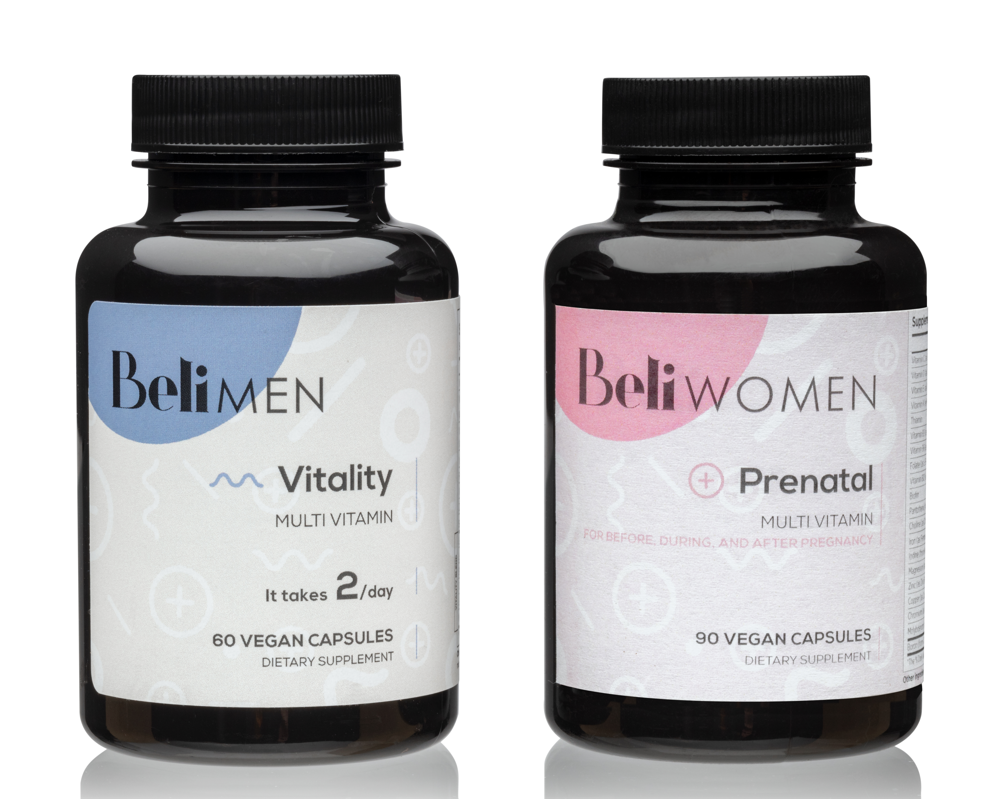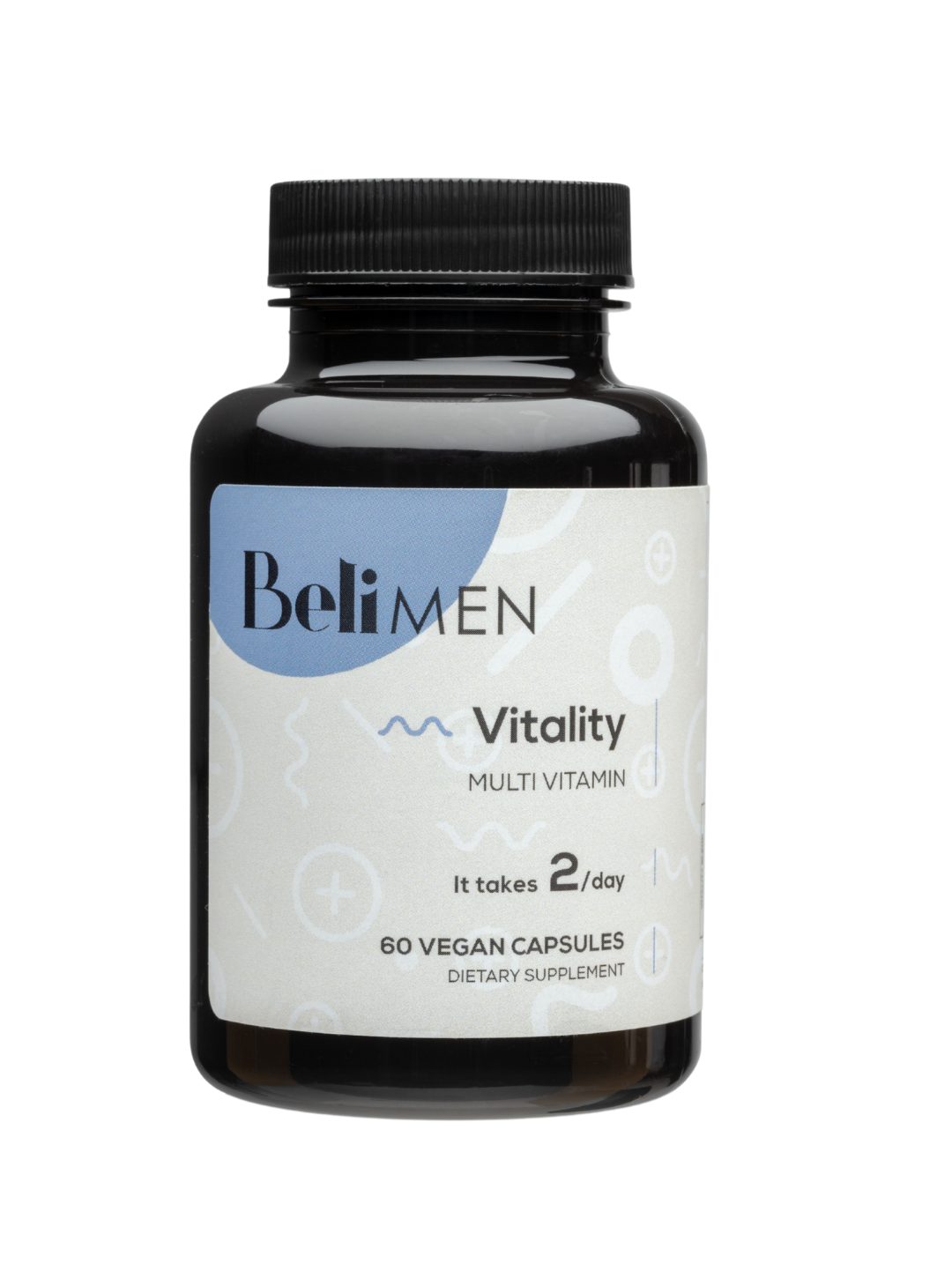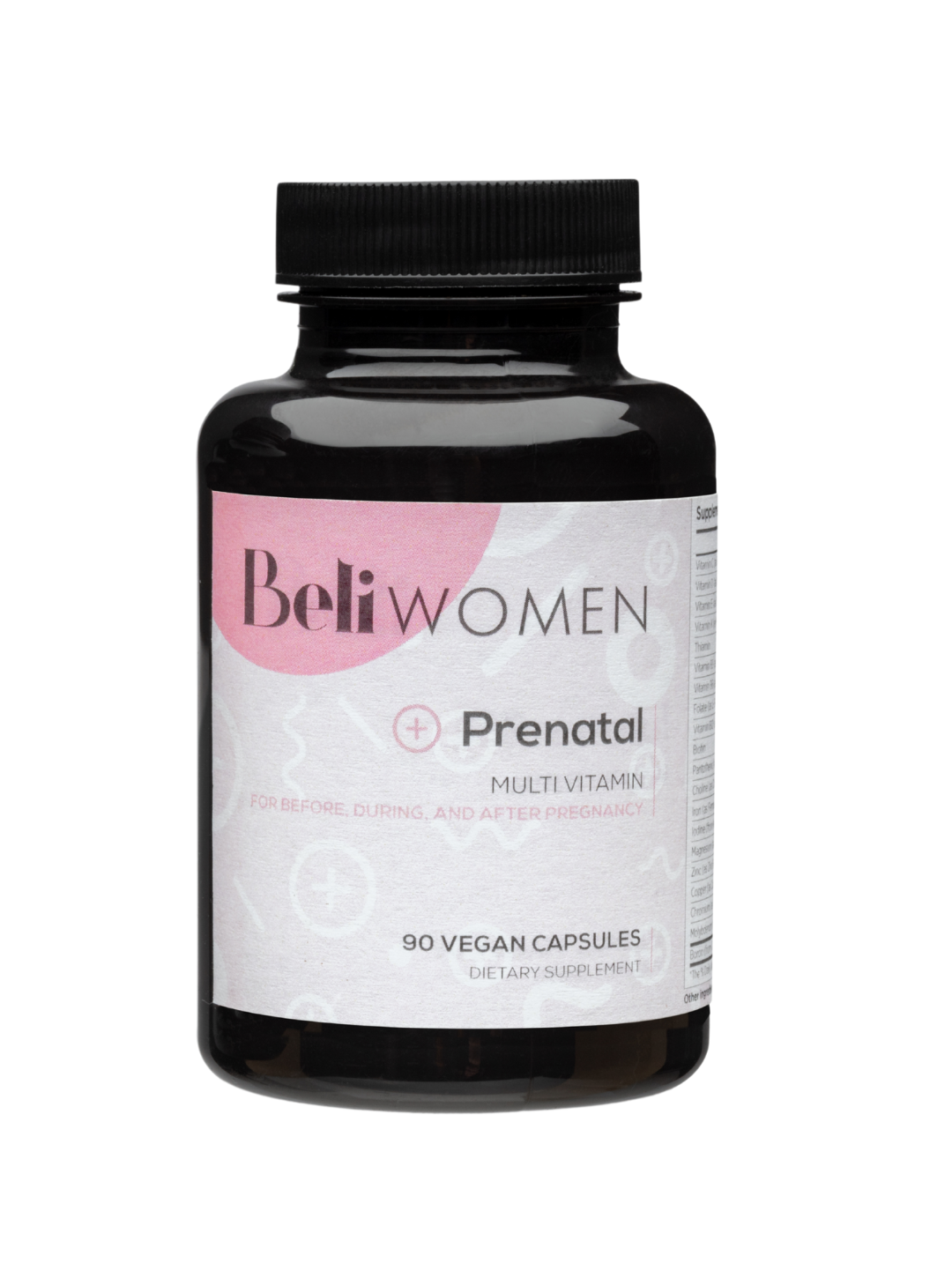You’ve probably been told your labs are “normal.” That you’re not deficient. But what if that’s not the full story? There’s a critical, but overlooked, difference between being nutrient deficient and being nutrient ready. Deficiency means you’re scraping the bottom; your body is running on empty. But nutrient readiness? That’s when your body actually has the fuel, reserves, and co-factors it needs to support complex systems like fertility, hormone balance, and pregnancy. And here’s the truth: most people are not deficient, they’re insufficient. And insufficiency can still leave your body underpowered. The good news? Nutrient sufficiency is one of the few things you can actually control. Keep reading to learn why closing this hidden gap could be the key to unlocking your reproductive potential, whether you’re trying to conceive or just want to feel like your healthiest self.
What Most People Don’t Know, But Should
-
You can be “not deficient” and still underpowered. Nutrient insufficiency doesn’t show up on routine labs but can still disrupt hormones, egg quality, and sperm health.
-
It takes 90–100 days to develop an egg or sperm. Your nutrient intake today shapes your reproductive potential three months from now.
-
Over 90% of Americans fall short on at least one essential nutrient needed for hormonal and reproductive health—even with a “healthy” diet (CDC).
-
Only 8% of pregnant women get enough choline, a nutrient as essential as folate for fetal development and maternal health (NIH).
-
Sperm counts have dropped by over 50% globally in the past 50 years—and nutrient status is one of the most modifiable factors (Human Reproduction Update, 2017).
-
88% of women of reproductive age aren’t meeting iron needs—critical for ovulation, energy, and early pregnancy (NHANES).
-
Most nutrient gaps aren’t tested for. Nutrients like magnesium, omega-3s, selenium, and zinc, essential for hormone and fertility function, are rarely included in standard bloodwork.
-
Nutrient status influences everything from mood to libido, energy, cycle regularity, and even how your body handles stress.
Why Nutrients Are the Foundation, Not a Fix
This isn’t about treatment. This is about fuel.
Reproductive health doesn’t just turn “on” when you want it to. It’s built day by day through the choices your body is allowed to make, if it has the nutritional resources to do so. Your body uses nutrients to:
-
Power hormone production (like estrogen, testosterone, and progesterone)
-
Build and mature healthy egg and sperm cells
-
Support ovulation, sperm motility, and fertilization
-
Regulate energy, mood, and libido through key hormone pathways
-
Prepare for and sustain pregnancy by supporting fetal development and maternal reserves
Without those raw materials, your body can’t perform. And it certainly can’t prioritize reproduction if it’s scraping by just to keep basic systems online.
But My Doctor Says I Don’t Need Supplements...
This is where many people get stuck. A lot of well-meaning providers may downplay the role of nutrients unless you're visibly sick or trying to correct a known deficiency.
Here’s what they might be missing:
-
Most routine labs only check for major deficiencies. They don’t measure functional levels of many essential nutrients like magnesium, selenium, or vitamin K2. Being “in range” isn’t the same as being optimized, especially for fertility or hormonal balance.
-
Nutrition research often focuses on disease treatment, not wellness optimization. That doesn’t mean the benefits aren’t real, it just means they’re harder to measure in traditional studies. But clinical data does show nutrients like zinc, folate, omega-3s, and CoQ10 support egg and sperm quality, hormonal signaling, and cellular energy.
-
Supplements aren’t a cure, but they’re fuel. They don’t replace a healthy lifestyle or override medical issues. They help support the body’s natural processes when it has the right inputs to do its job well.
-
Diet alone usually isn’t enough. Modern farming depletes soil. Processing removes nutrients. Stress, medications, and hormonal birth control can all deplete your body’s stores further.
So no, nutrients aren’t magic pills. But they are essential components of your biology, and ignoring them doesn’t change the fact that your body needs them to function.
What You Can Do Today
-
Look beyond “normal.” If you’ve been told your labs are fine but you still feel off, there may be underlying nutrient gaps.
-
Audit your habits. Even a “good” diet may lack key nutrients for reproductive health.
-
Support your system. Consider adding a high-quality, clean-label supplement formulated for fertility or hormonal support.
-
Start now. Nutrient sufficiency takes time to build, but it’s one of the most proactive, empowering things you can do for your reproductive future.
Final Thoughts + Call to Action
Your body is capable of incredible things, but only if it’s supported. Nutrient sufficiency isn’t a luxury. It’s the biological baseline your hormones, your fertility, and your energy depend on.
This isn’t about fixing a diagnosis. It’s about fueling your potential—and it starts from within.
👉 Support your body with the nutrients it needs to do its best work,backed by science, designed for real life.





